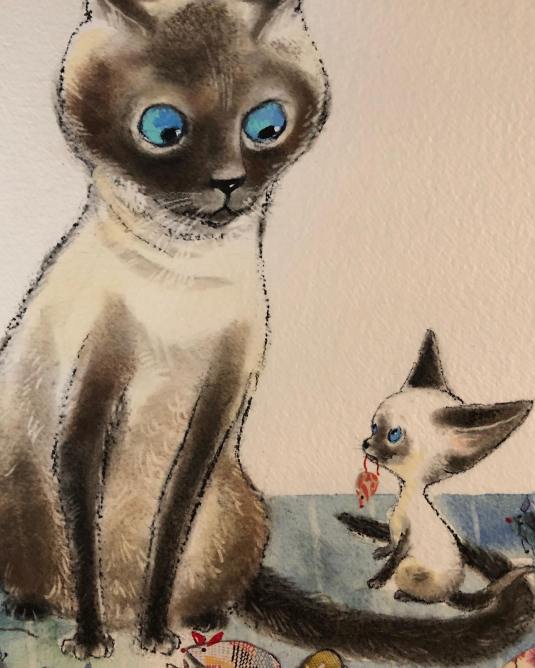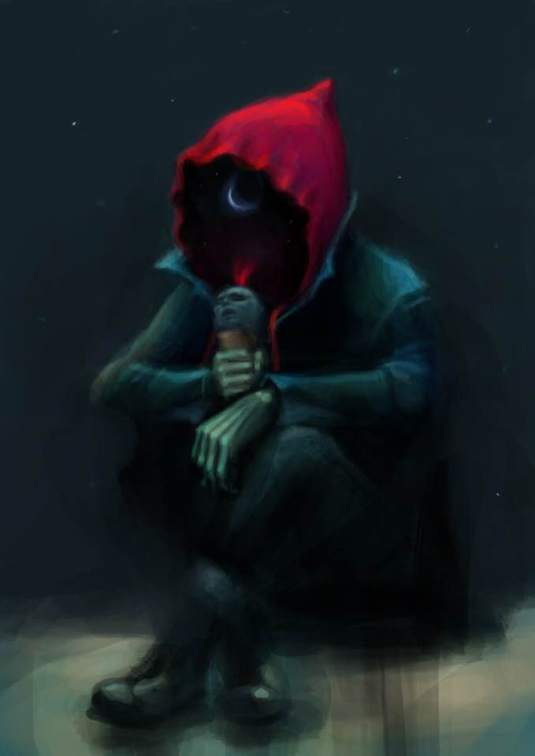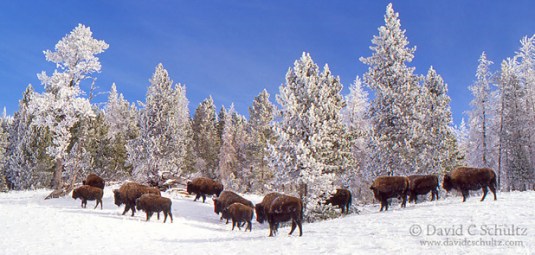
illustrator: J Byron Schachner
The Story
By Fred Chappell
Once upon a time the farmer’s wife
told it to her children while she scrubbed potatoes.
There were wise ravens in it, and a witch
who flew into such a rage she turned to brass.
The story wandered about the countryside until
adopted by the palace waiting maids
who endowed it with three magic golden rings
and a handsome prince named Felix.
Now it had both strength and style and visited
the household of the jolly merchant
where it was seated by the fire and given
a fat gray goose and a comic chambermaid.
One day alas the story got drunk and fell
in with a crowd of dissolute poets.
They drenched it with moonlight and fever and fed it
words from which it never quite recovered.
Then it was old and haggard and disreputable,
carousing late at night with defrocked scholars
and the swaggering sailors in Rattlebone Alley.
That’s where the novelists found it.
“The Story” by Fred Chappell from The Yellow Shoe Poets: Selected Poems 1964-1999. © Louisiana State University Press, 1999
It was on this day in 1940 that Winston Churchill delivered a speech to the House of Commons with the famous line: “Never in the field of human conflict was so much owed by so many to so few.” The Battle of Britain was raging, and he was referring to the small group of the Royal Air Force who had successfully held off the much larger Luftwaffe, the German air force.
Churchill wrote all of his own speeches, and he was a gifted orator, but people thought that his vocabulary and style of speaking were old-fashioned. But after the beginning of World War II, Churchill’s dramatic rhetoric fit the mood of the country.
His father, Lord Randolph Churchill, served in the Parliament and was a talented debater, famous for making spontaneous speeches. Winston, on the other hand, labored over every speech. He brainstormed, researched, planned out the speech in his head, then dictated it aloud to his secretary. From there, he revised it several times and typed it up in what he called “psalm form.” His speeches looked like blank verse poetry on the page, so that the rhythm and pauses were laid out just how he wanted them. Before Churchill delivered a speech, he would practice over and over, sometimes in the bathtub.



